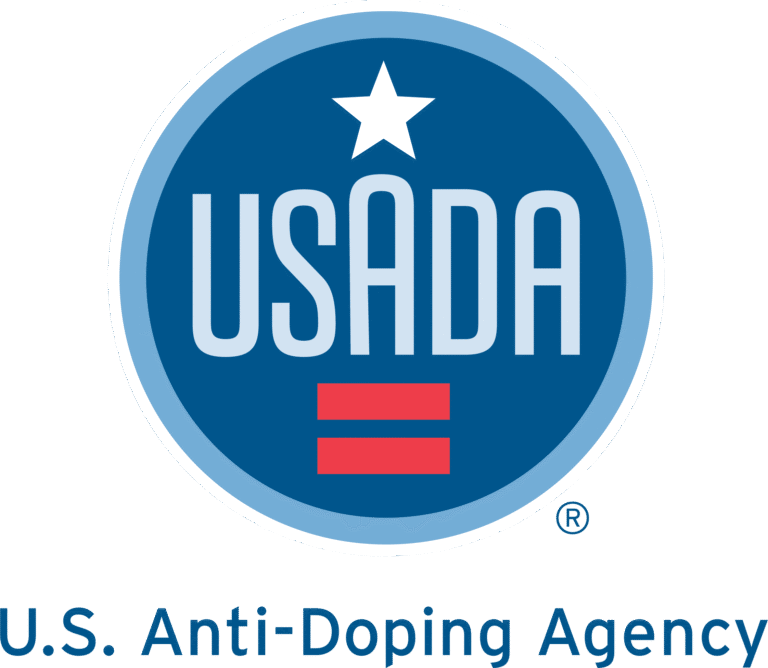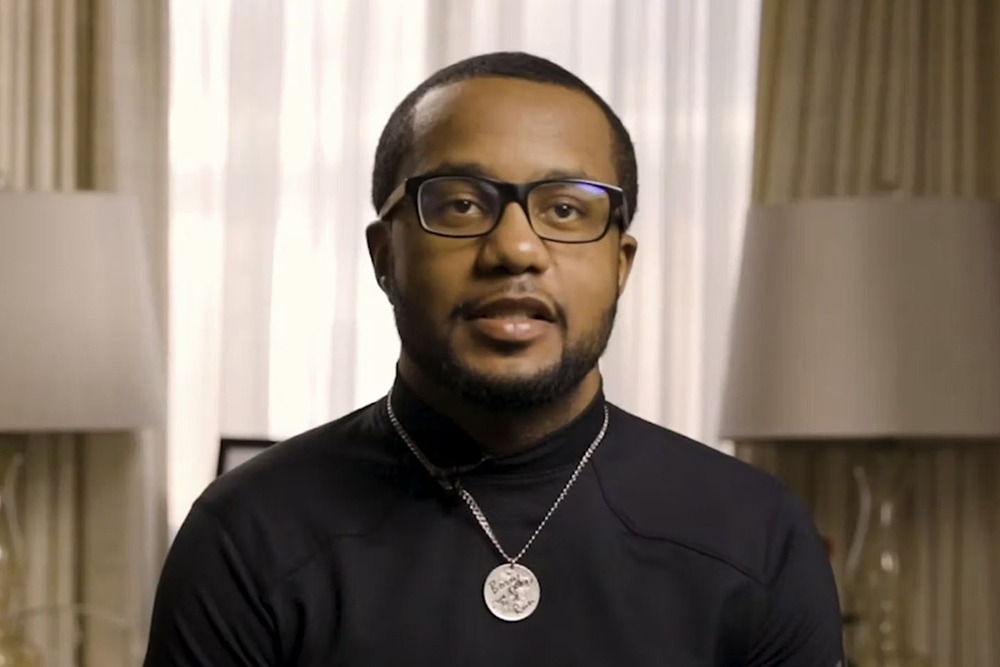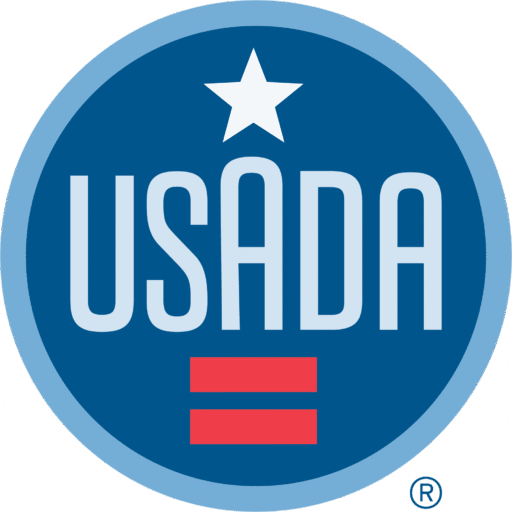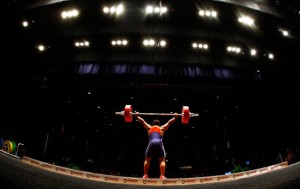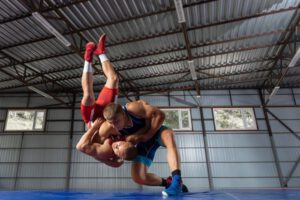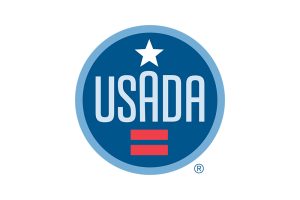Desmond Jackson thought he could trust his coach. They had been working together for years, developing a bond that felt more like family than professional mentorship. He was led to believe their values were the same.
At the 2021 U.S. Paralympic Track and Field Trials, the 22-year-old Jackson was accompanied by his coach as usual, and his thoughts were consumed by the anticipation of competing in an event where he could finally qualify for the postponed 2020 Paralympic Games in Tokyo. He was in a rush and already feeling the Minneapolis heat when his coach offered him a pill to help with his energy. Jackson took it, no questions asked. What happened that day would change the course of his athletic career and life.
Watch the video to learn more.
